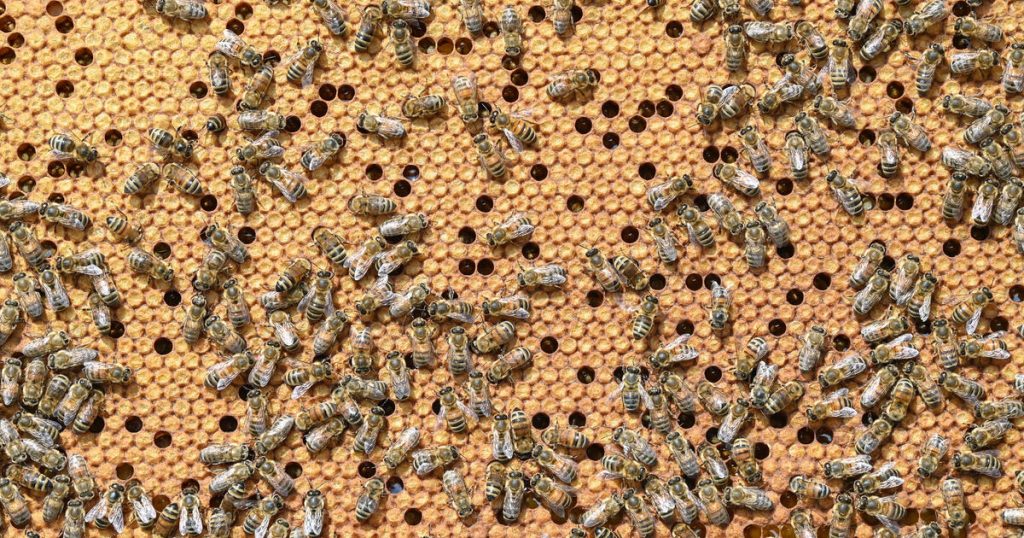Deadly flooding brought on by Hurricane Helene in western North Carolina has led to an increase in insect swarms and stings in the region. The disruption of underground nests of yellow jackets, bees, and other insects has caused them to swarm and sting people who are working to recover from the devastating storm. The North Carolina Department of Health and Human Services is stepping in to help manage the surge in requests for allergy medication to protect those who are allergic to insect stings. They are purchasing Benadryl and epinephrine injections to distribute through hospitals, emergency medical personnel, and doctors.
While most people are not allergic to insect stings, the irritation and pain from a sting can be intense, and symptoms can last for days. For those who are allergic, a severe reaction can lead to anaphylaxis, causing difficulty breathing, swelling of the tongue and throat, a weak pulse, and loss of consciousness. In these cases, immediate administration of epinephrine is crucial. Multiple stings can also lead to a buildup of venom in the body, resulting in dizziness, fever, convulsions, or vomiting.
To minimize the risk of getting stung, experts advise wearing long, light-colored clothing with a smooth finish, avoiding perfumes, and remaining calm and still if only one insect is present. The use of swatting and sudden movements can attract more insects, particularly bees, due to the chemical they release when they sting. In situations where multiple insects are present, quickly seeking shelter indoors or in a shaded area is recommended to avoid getting stung.
In response to the increased demand for allergy medication, the North Carolina Department of Health and Human Services is working to allow the purchase of epinephrine injections, such as EpiPens, without a prescription. They are also coordinating efforts to collect and distribute donations of medicines to help those affected by the insect swarms in the aftermath of the hurricane. Pharmacists in the state are able to provide emergency refills for individuals who are already prescribed allergy medications and require immediate assistance.
The impact of Hurricane Helene in western North Carolina extends beyond the flooding and property damage, as the disruption of insect nests has led to heightened risks of stings for individuals in the region. Awareness of the potential dangers of insect stings, particularly for those who are allergic, is crucial as recovery efforts continue. With an increase in requests for allergy medication, the state health department is taking steps to ensure that those in need have access to necessary treatments to address the consequences of the insect swarms following the storm.
As communities work to rebuild and recover from the devastation caused by Hurricane Helene, the added threat of insect stings serves as a reminder of the ongoing challenges faced during the aftermath of natural disasters. By providing support and resources for those affected by the insect swarms, the North Carolina Department of Health and Human Services aims to alleviate some of the burdens on individuals and healthcare providers in the region. Increased awareness and preparedness for potential risks, such as allergic reactions to insect stings, are essential components of ensuring the health and safety of residents as they navigate the recovery process.


